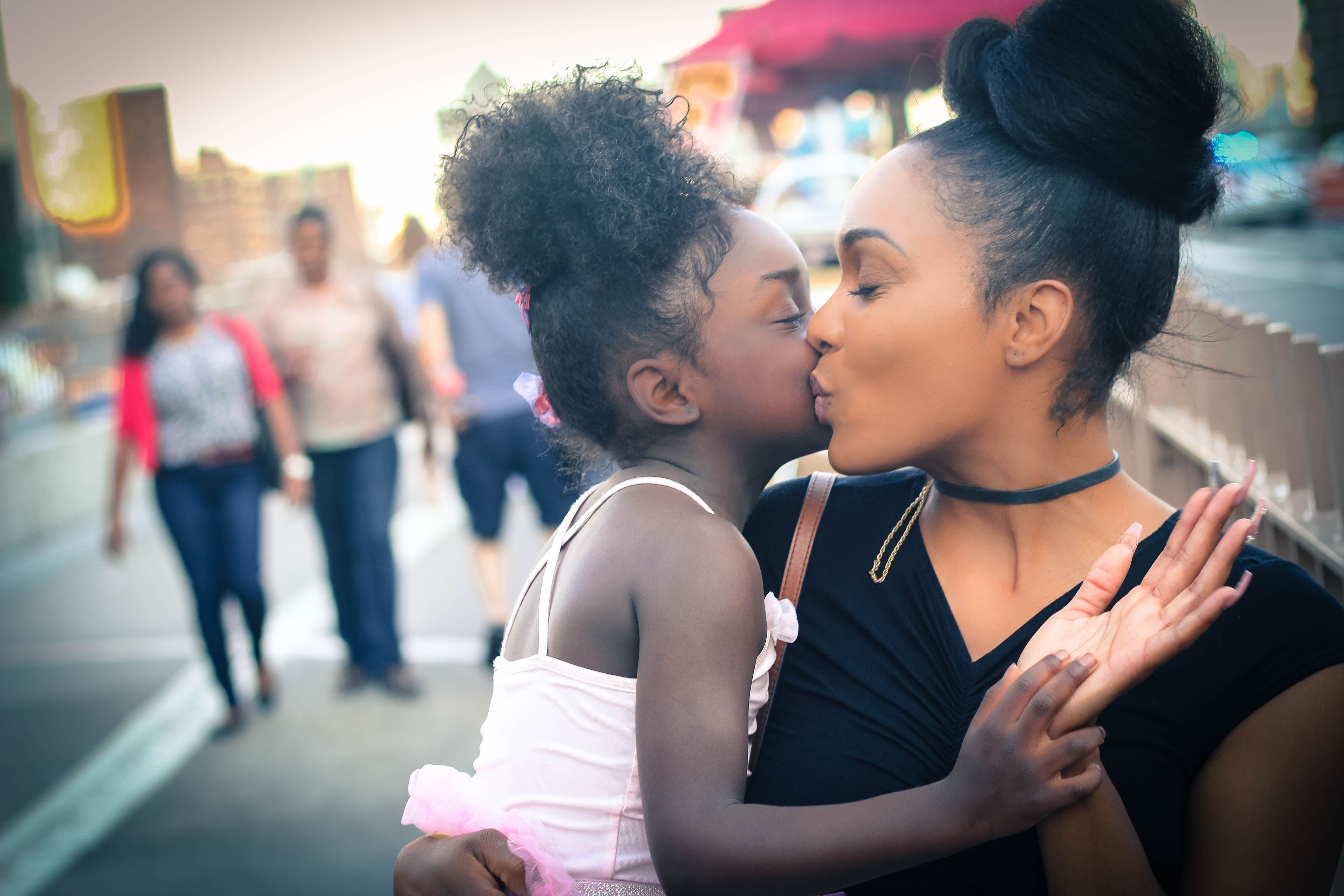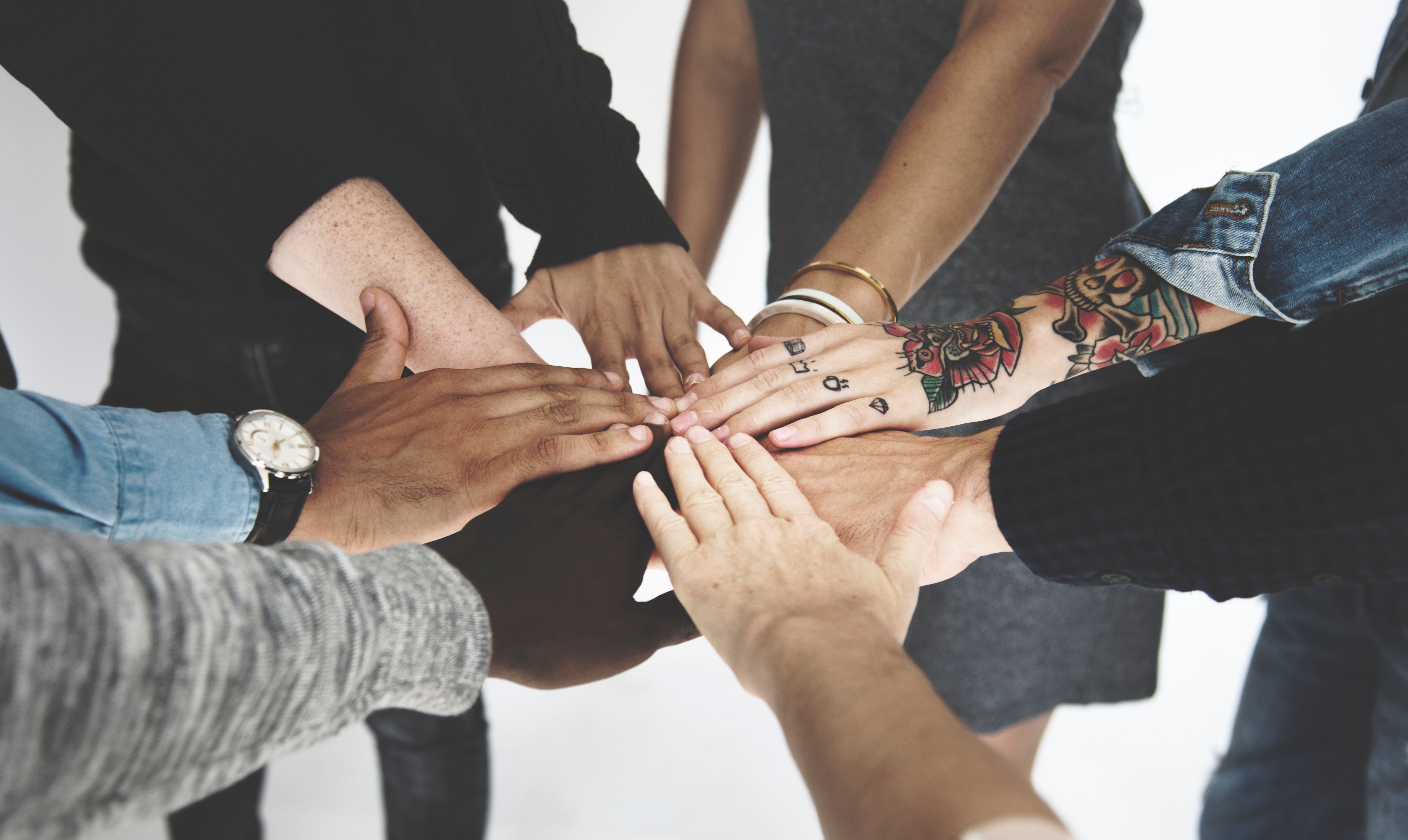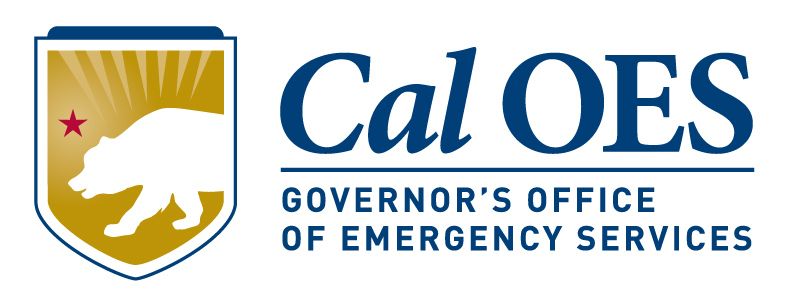Diversity Training Project
The Serving California’s Diversity Project is no longer active. The project was in funding from January 2017-December 2019 and provided training and technical assistance to service providers working with victims of crime throughout California in order to increase their ability to effectively serve underserved victims in three identified population groups: immigrant populations, people of color (POC) and people with Limited English Proficiency (LEP). In 2018, Diversity Training Project hosted a Statewide Conference and two skilled-topic trainings. In 2019, the project will host trainings in 7 California locations: North Coast, North East, Greater Bay Area, Central, Sierra/Sacramento, Central Coast, and Far Southern along with one skilled-topic training and a closing Statewide Conference. Each training included presentations by experts in addition to panel discussions with representatives from local agencies to present best practices and services available for the region. One webinar and one Ask the Expert were recorded for the project as well.
2019 Trainings
Immigration, Mental Health and Relief for Survivors of Crime and Domestic Violence - Presented by Rachel Ray and Dr. Mariela Shibley
Professionals who come into contact with immigrants and undocumented individuals are well-positioned to help those individuals identify immigration options that may be available to them as survivors of crime and/or abuse. The goal of this workshop is to provide participants with a foundational knowledge of the immigration process and immigration relief for survivors, to provide participants with an overview of mental health issues commonly facing immigrants, and how best to provide culturally competent resources to those survivors while understanding the possibility of vicarious trauma and compassion fatigue. This information will be provided through lecture, visual aids, and experiential learning.
Diversity California Regional Trainings - Strengthening Victims in Underserved Communities: Mitigating Implicit Biases, Healing and Justice in the Muslim American Community, and Providing Language Justice and Access
This interactive and self-reflective training is intended to increase cultural humility, broaden participant’s awareness of the presence and impact of implicit bias when working with victims in underserved communities, and equip them with tools to engage with clients in more open, respectful and empathetic ways. Additionally, the course will help service providers understand the unique challenges Muslim survivors face and discuss the intersections of gender based violence, Islamophobia and mental health. Finally, this training will address language justice and access in relation to victims of crime, who are LEP or non-English speaking. Participants will learn how to work with clients through interpreters and create inclusive multilingual spaces.
Keynote Presentations:
Strengthening Cultural Humility, Dismantling Implicit Bias - Presented by Sayida Peprah, PsyD
Roadblocks to Resiliency for Muslim Survivors of Sexual Violence: Understanding the Challenges & Opportunities for Survivor Healing in an Era of Islamophobia - Presented by Sahar Pirzada and Areeba Siddiqui
One Room, Many Voices: Planning for Cross Language Communication - Presented by Lena Moran
The Importance of Language in Expanding Services to All Victims - Presented by Ana Paula Noguez Mercardo and Cannon Han
Language is a crucial component of any agency's effort seeking to improve the life, safety, and well-being of all victims/survivors of domestic and sexual violence. This training session aimed to create awareness and provide information about the realities faced by victims and their communities who are considered Limited English proficient (LEP) or are Deaf or Hard of Hearing (D/HoH), their legal right to access the justice system and life-saving services, and their participation in their individual and collective healing. We will explore the language access landscape in California, highlight language access legal obligations for all recipients of federal funding, and offer variety of tools and resources to facilitate meaningful access and effective communication with victims from diverse linguistic communities, including setting up language access protocols and policies, working with interpreters and translators, offering trauma-informed language supportive services, and creating multilingual spaces.
Serving California's Diversity: A Conference on Trauma and Resilience
This Statewide Conference provided information to professionals who are working with communities affected by historical trauma along with their ability to inherit their ancestors' resiliency. Trainers will focus on culture and the brain, creating trauma informed programs, using resiliency to cope with bias and trauma. Participants also received information regarding immigration relief, encouraging agencies to shift from providing language access to language justice, and the role of law enforcement and other multi-disciplinary team members during a sexual assault investigation. All of the sessions were looked at with a critical lens of professionals understanding their own biases.
Keynote Presentations:
Historical Trauma in the Native American Communities - Presented by Julie Andrews, LCSW
Honoring our Ancestors: Using Intergenerational Resiliency as a Tool to Heal the Impacts of Implicit Bias and Cultural Trauma - Presented by Taquelia Washington, LCSW
Breakout Sessions:
Culture and the Brain - Presented by Monica Borunda, LMFT
Tapping Into Your Intergenerational Resiliency: Strategies to Use to Cope with the Impacts of Implicit Bias and Cultural Trauma - Presented by Taquelia Washington, LCSW
Immigration 101: Family and Humanitarian-Based Visas - Presented by Rachel Ray, J.D.
From Language Access to Language Justice: Tools, Tips, & Resources to Strengthen Service Provision to Survivors and Empower Multilingual Communities - Presented by Ana Paula Noguez, LL. M.
The Role of Law Enforcement and Other Multi-Disciplinary Team (MDT) Members During a Sexual Assault Investigation - Presented by Lieutenant Richard Ruiz
Historical Trauma in the Native American Communities - Presented by Julie Andrews, LCSW
Webinar: Japanese American Intergenerational Trauma and Cultural Resilience: Implications for Survivors and Victims of Crime - Presented by Traci ishigo
This webinar invites and engages professionals in critical reflection and dialogue about American history that centers Japanese American experiences of war, profiling, surveillance, forced removal, incarceration, and state-sponsored trauma, which continues to impact generations of Nikkei (people of Japanese decent) and their families in the United States. Participants will explore topics of intergeneration trauma, cultural values, and various socio-political realities which may influence a Nikkei survivor's experience as a victim of chimer, as well as what professionals should be prepared to know when working with people of Japanese descent.
Ask the Expert Session with Rachel Ray: Immigration 101
Under the current Administration, immigration policies and administrative decisions affecting immigrations happen at an almost breakneck speed. Because so many service providers have immigrant clients, individuals in many sectors can benefit from even a surface understanding of these policies and decisions.
2018 Trainings
DIVERSITY Statewide Conference - Reflect: Theory and Practice to Implement Change in Communities Affected by Trauma
Keynote Presentations
Ripple Effects of Historical Trauma: Recognizing and Reversing its Impact on Immigrants and People of Color - Presented by Sayida Peprah, Psy.D
Journey to Liberation: The Relevance of Post Traumatic Slave Syndrome - Presented by Gimel Rogers, Psy. D
‘Lost’ and ‘Found’ in Translation: Discovering Strategies to Effectively Communicate with Immigrant Survivors- Presented by Varsha N., JD
Culturally Inclusive Service Delivery for Victims of Color Presented by Taquelia Washington, LCSW
In striving to provide culturally inclusive services, it is crucial that helping professionals be willing to examine the cultural lenses through which they view the world. While this is important no matter the race/ethnicity of the person being served, it is particularly important when working with people of color due to the nuances of cultural trauma that this population experiences on a daily basis. Utilizing a transformational learning lens, the goal of this workshop is to provide participants with an experiential and safe environment in which to develop the foundation needed to provide culturally inclusive services. This will be done through introducing participants to a model designed to visually expand the way that one views themselves, others, and the systems in which they work. Multiple modalities will be used to teach this workshop including lecture, experiential exercises, and small group work.





